According to some, contractions feel like the abdominal cramping you get with bad diarrhea that rhythmically come and go, strengthening in intensity and eventually become longer, closer together and more intense/painful than you thought possible. Some women, however, may report a completely different experience.
One of the reasons it is difficult to answer the question what do contractions feel like is because the sensation of contractions is perceived differently for each individual. Even more confusing is that each individual woman may have different experiences as to what her contractions felt like for each one of her births.
Despite all that, first time moms continue to wonder what contractions feel like. It makes sense that women, who’ve likely never even seen a birth before, want to know what natural birth will be like, how intense it will be, and if they can do it. (You can do it!) They desperately want to know what to expect, so that they can better prepare for what’s to come. They want to get this whole motherhood thing right.
This blog post answers the difficult question of what contractions feel like. Let’s get started!
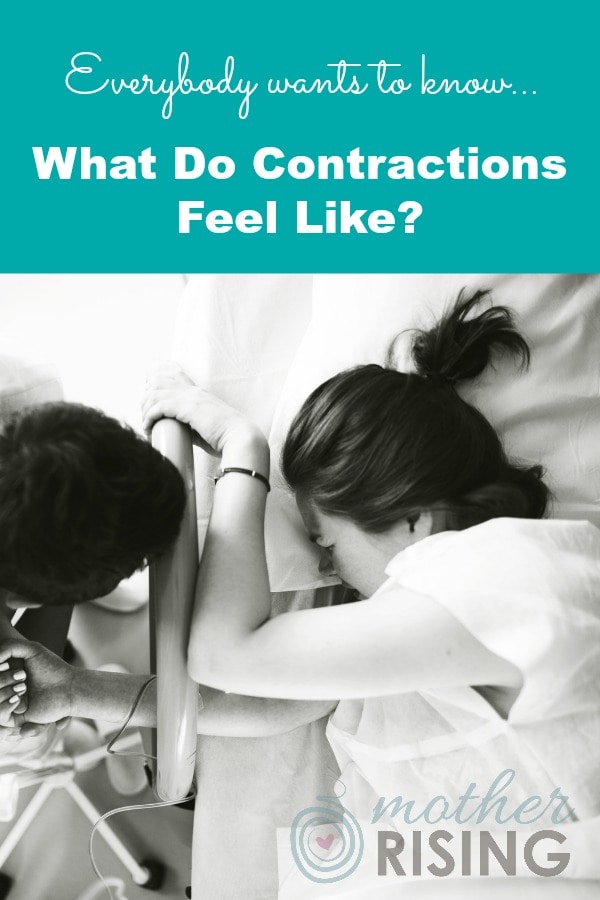
What are Contractions?
Before we discuss what contractions feel like, it is important to clarify what exactly a contraction is. Contractions happen when the uterus rhythmically tightens and relaxes before, during, and after birth.
The uterus is one of the most powerful and adaptable muscles in a woman’s body.
Contractions happen for a variety of reasons.
- During pregnancy “warm up” contractions strengthen or tone the uterus.
- During labor contractions encourage baby to be in the best position for birth, bring baby lower and through the pelvis, and also open the uterus for delivery.
- Postpartum contractions keep the uterus small and firm which prevents excessive bleeding (hemorrhage).
The thick pink layer around the baby (below) is the uterus. The opening of the uterus, above the vagina, is the cervix.
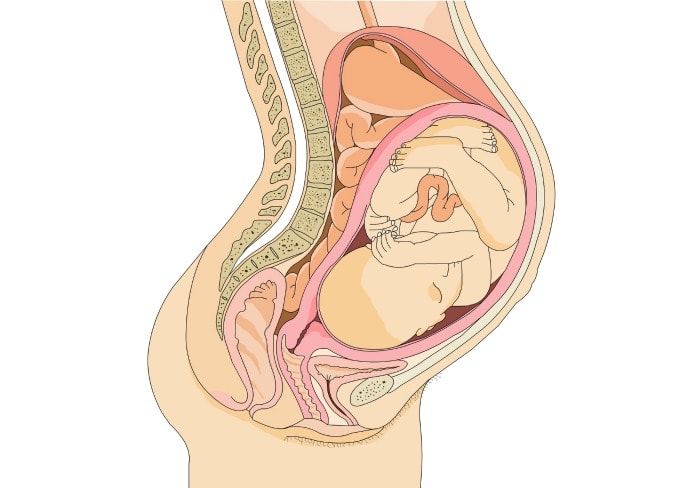
What are Braxton Hicks Contractions?
Braxton Hicks contractions are contractions that don’t lead to labor and delivery. They can be caused by dehydration, movement of the baby, going to the bathroom, or even by sex. As frustrating as they may be, they are are a normal part of pregnancy.
In my experience, Braxton Hicks contractions feel uncomfortable, cause lots of pressure, but aren’t painful. They don’t get stronger, longer and closer together over a period of time but instead do the opposite.
Check out my post about Braxton Hicks contractions for more details!
What Do Contractions Feel like in Labor?
But Lindsey, what exactly do contractions feel like in labor?
If I were to explain what contractions feel like to a guy that has never experienced menstrual cramps this is what I would say.
“Contractions feel similar to the abdominal cramping you get with bad diarrhea that rhythmically come and go, strengthening in intensity and eventually become longer, closer together and more intense/painful than you thought possible.”
One of the reasons it is difficult to answer the question what do contractions feel like is because the sensation of contractions is perceived differently for each individual. Even more confusing is that each individual woman may have different experiences as to what her contractions felt like for each one of her births.
For example, I’ve had a doula client describe the sensation of her contractions like the discomfort of a bladder infection (I’ve not heard that description since) and then for her second birth to her they felt like the cramps you get when you’re having diarrhea.
Here are some other words and phrases women have used to describe what do contractions feel like.
- Abdominal cramping due to diarrhea
- Like a vice squeezing you
- A building of intensity and then letting go
- Cramp, wave, build, release
- Intense and/or bad period cramps
- Pain deep in the pelvis
- Pressure in the pelvis
- Pressure in the back
- Waves of tension in the body that gradually build up
- Tightening and burning in the lower abdomen
- Intestinal and menstrual cramps
- Like something huge is forcing the hips apart
- More of a pressure rather than a stabbing or an aching pain
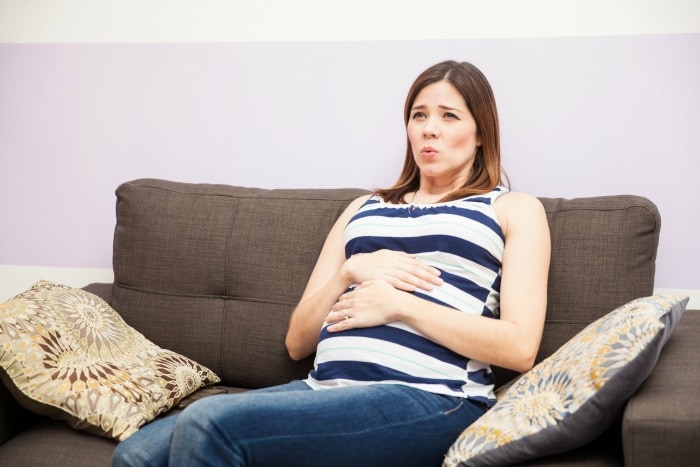
What Do Contractions Feel like in the Stages of Labor?
Sometimes it’s helpful to describe what contractions feel like throughout the stages of labor. To recap, here are the stages of labor or how labor typically unfolds.
Stage 2 – Pushing and Delivery
Stage 3 – Delivery of the Placenta
What Do Contractions Feel like in Early Labor?
In early labor, contractions are shorter, around 5-7 minutes apart.
In early labor some women experience pain and pressure in their back, the lower abdomen, and or both. Some women describe early labor contractions like mild to moderate period cramps.
What Do Contractions Feel like in Active Labor?
In active labor, contractions lengthen to about 1 minute and are around 3-5 minutes apart. At this point, many women go to the hospital for labor.
(Make sure to time a few contractions to help figure out when to go to the hospital!)
As labor progresses many women report the same sensations from early labor, just stronger, longer and closer together. Also, as labor progresses she may also experience pressure in the pelvis and hips.
For tips on laboring at home (during active labor) as long as possible check out this post.
What Do Contractions Feel like in Transition?
During transition contractions feel the same as before, just more intense. If she was feeling back pain, it’s more intense than before. If she was feeling pressure in the pelvis, it’s greater now. Suppose she was feeling all the pain and intensity in the front of the belly, it’s just that much more intense in transition.
At this point, the intensity of contractions is overwhelming and most women need extra support.
- Instead of completely going away contractions sometimes “double peak”
- Contractions increase when changing positions
- Because of this she may be afraid to move or change positions
During transition I often felt like something wasn’t working correctly. It seemed like things were hurting far worse than they should and that I wasn’t progressing quickly enough. The cost was far outweighing the perceived benefit. I found it helpful for people to remind me that things were progressing normally, and in fact wren’t progressing slowly. When you’re in labor it is hard to have an accurate sense of time. Reminders and encouragement are so helpful.
For amazing information on how to cope through transition without an epidural hop over here.
What Do Contractions Feel like During Pushing?
For those who are pregnant and never pushed out a baby before, the sensation of pushing can be compared to a sneeze or vomiting reflex.
Pushing is an involuntary response. It can be hard to NOT push, when your body is pushing.
Pushing contractions tend to be more mild than transition contractions – they are slightly shorter and a little bit further apart than in transition. The pain of contractions is less noticeable while the pushing reflex takes center stage. Many women report a more enjoyable experience during the pushing stage of labor, compared to transition.
For more details on how to push, hop on over here. If you’re curious of how to prevent tearing, hop on over here.
What Do Contractions Feel like During the Third Stage of Labor/Immediate Postpartum?
Unfortunately, once baby is out the contractions don’t go away… completely. Contractions still happen during the third stage of labor!
Within 5-10 minutes after baby is born, a woman may notice contractions returning. It’s quite the shock to some!
The uterus is incredibly tender after a long labor and delivery, which adds to the discomfort of these immediate postpartum contractions. Ironically, some women who’ve had an unmedicated childbirth at this point may turn to Motrin. They’re just over it.
For a women who has given birth previously, these postpartum contractions are much more painful and may continue for 2-3 more days. Women that never used medication for a previous postpartum period may need ibuprofen around the clock for these bad boys. It’s extremely intense!
For a list of supplies needed for postpartum, including ibuprofen and herbs, check out this postpartum survival kit post. Also, don’t forget to stock up on the basics! Here’s a great post on what postpartum pads you’ll need to buy for the first six weeks.
What Do Others Say?
Let’s dig deeper and hear from some other women about what contractions felt like to them.
“The difference between braxton hicks and real labor is that real labor “feels” like it’s doing something and feels productive. For me, with a real contraction I had to stop what I was doing as opposed to braxton hicks, I just kept on doing what I was already doing. With real labor contractions I felt intense cramping and movement in the pelvis with some pressure. As labor continued, it literally felt like something huge was forcing my hips apart. It’s wasn’t a stabbing OR aching pain, it was like a… pressure. Like you’re gonna pop!” Sierra H.
“For me they felt like bad period cramps, especially in the beginning. I wish someone had told me that’s what it feels like because I just assumed I was not in labor for a really long time. Also, I think part of it is remembering that labor feels “significant”. Everyone talks about labor like it’s excruciating, but that’s not really true for all of us especially in the beginning. It may feel painful or just like pressure or cramping, but either way it felt significant.” Lois A.
“They just felt like really, really strong period cramps all over my low back. My front never really hurt.” Megan W.
“I’d say the contractions started like pressure in my back. I always wondered what they would feel like because I had never experienced braxton hicks or contractions in general. But when it happened I just knew. At first I thought hmmmm was that a contraction? And then I noticed that they came back. So I got a little curious and started timing them. This reassured me that I was beginning labor.” Colleen M.
“Contractions felt like when you get a charley horse in your calf; that same type of cramp-like contraction, except through all of the muscles of your stomach that you would use to perform a sit up. As hours passed, the contractions also involved the hips and lower back.” Bee R.
“Have you ever had gas real bad with stomach cramps? Intensify that gradually by 10 and continue to multiply up to 100+. But the actual birth, the pushing stage, felt like massive power. Baby out was total euphoria. I felt an endorphin rush and sense of relief. It was joyous.” Cetta B.
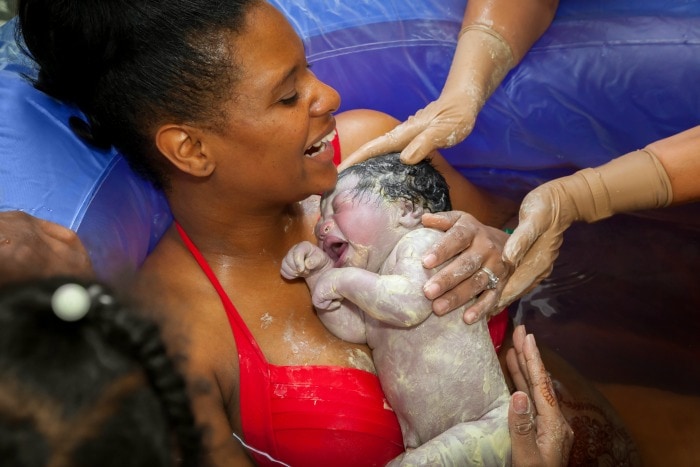
What Do Back Labor Contractions Feel Like?
With my first child, one of the first signs of labor was light contractions accompanied by mild back pain. This started in the middle of night and each time I had a contraction the back pain woke me up. At the time I didn’t know if I was in labor or not, as I had been contracting lightly for weeks. But this time things seemed different – the contractions were annoying enough to keep me awake, but I also had a sensation of pain in my back during each one.
Turns out I was indeed in labor, and that the pain I was experiencing in my back would turn into full blown back labor. Yippie!
For me, back labor felt like this: I would begin a contraction and would feel my belly tighten as usual. Any sensation of cramping, pressure or pain would begin in my belly, but then slowly spread to my back. At that point, my focus was completely on my back as that sensation completely dwarfed any sensation in the front.
Back labor completely dominated my labor pain. If I was having pain in the front, I wasn’t really aware of it. All I could think about was the hot, burning pain in my back.
As labor progressed, my contractions became stronger and closer together and my back labor became more intense.
In early labor, back labor was completely manageable. It felt like normal, annoying back pain. As things progressed to active labor and transition, that’s when I needed more help and ideas as to how to cope.
For more strategies about how to cope or even eliminate back labor head on over here.
What Do Pitocin Contractions Feel Like?
Pitocin is the medication used to start contractions or make them stronger, longer and closer together. Whether you’re being induced or an existing labor being made stronger, Pitocin is the most common go-to medication used for these particular scenarios.
Some women respond quickly to a tiny bit of Pitocin, some don’t respond at all, and some need it cranked all the way up to make it happen. However, on average, the contractions produced by Pitocin may come fast, furious, and are very painful.
Curious as to what Pitocin contractions felt like for me?
From an excerpt from my third birth…
“It was awful. It felt like fire. Fire on my belly and fire on my back. Hot, burning fire.”
“This was a different sensation than anything i’ve experienced before. I had never experienced the hot, burning fire on my belly and back.”
For more details on why Pitocin contractions feel different than regular contractions, head on over here to read about the hormonal blueprint of labor.
What Did Contractions Feel Like For You?
The female body is an amazing thing. The ability to create, grow and bring forth life never ceases to amaze those who are privileged to witness such a miracle. Now that you know what contractions feel like, remember this one thing, you can do it. Thousands upon thousands of women have given birth before, just like you will one day, too.
“The power and intensity of your contractions cannot be stronger than you, because it is you.”
Leave us a comment and describe how contractions felt for you! Thank you.

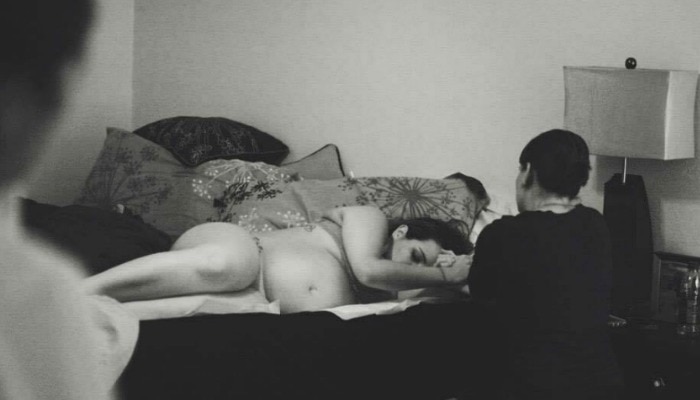
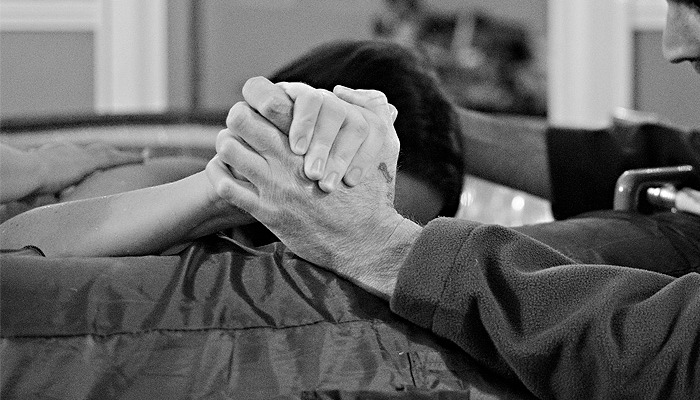
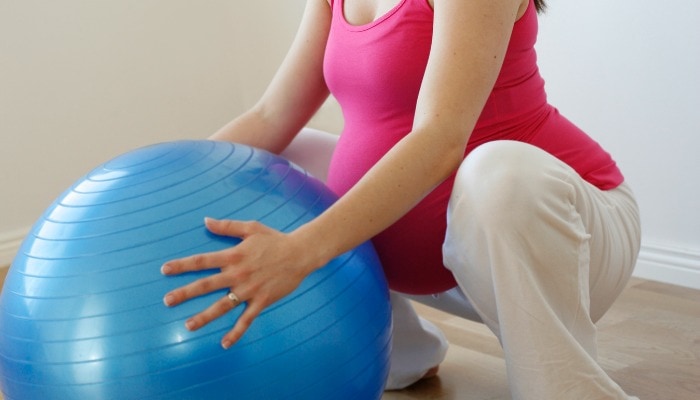
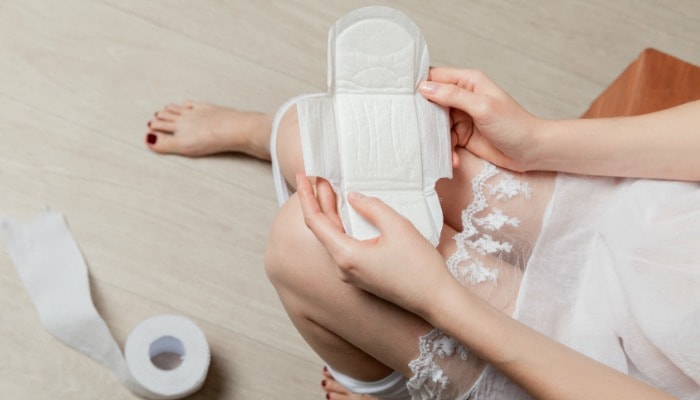
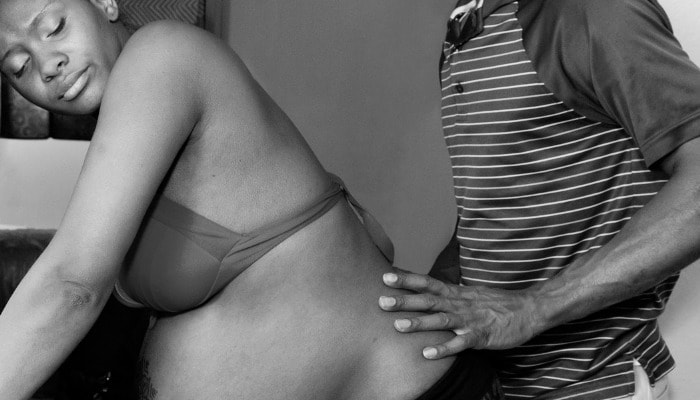
ANNE-LISE BREVET-POOLE
Friday 24th of July 2020
I love this quote, I'm hoping to not forget it at go time!! “The power and intensity of your contractions cannot be stronger than you, because it is you.” Thank you!!
Lindsey VanAlstyne
Wednesday 12th of August 2020
You're welcome!
Emily
Wednesday 11th of July 2018
Such a great article! Thank you!